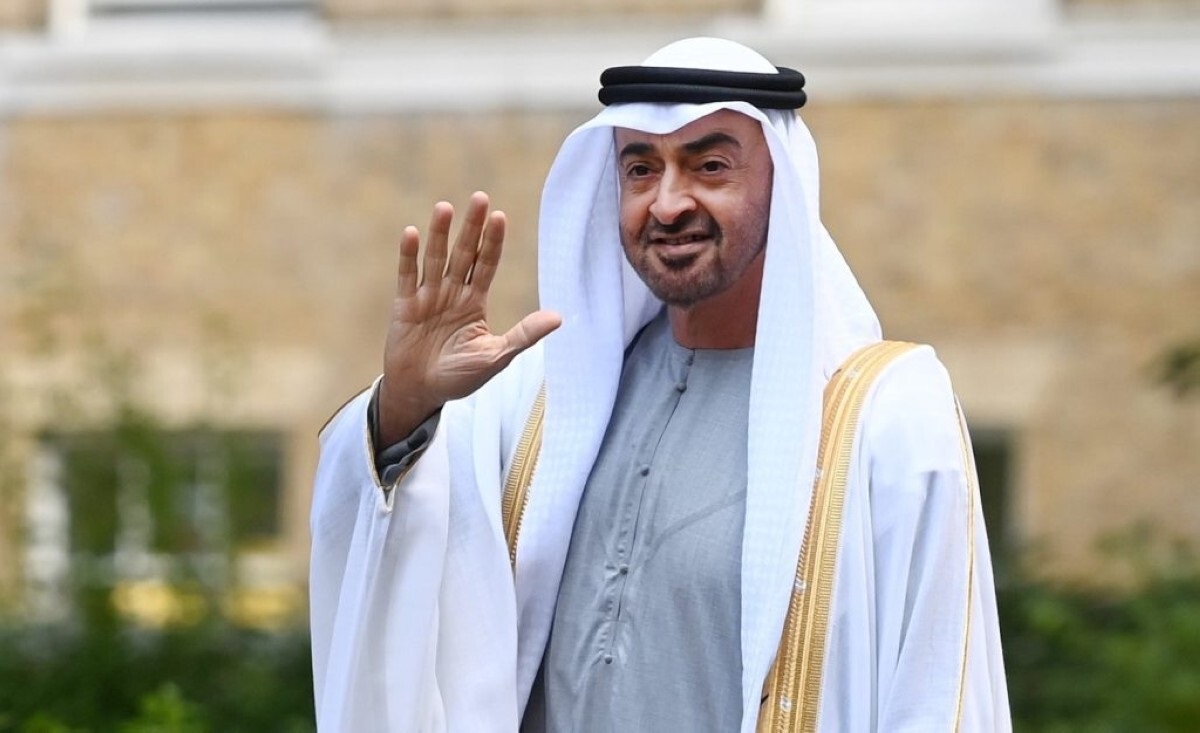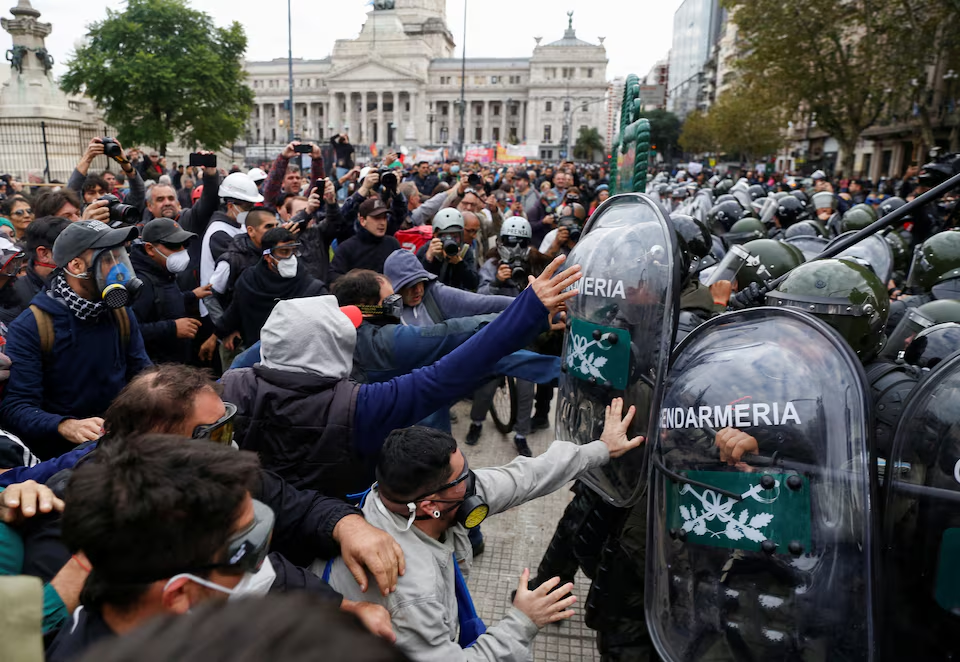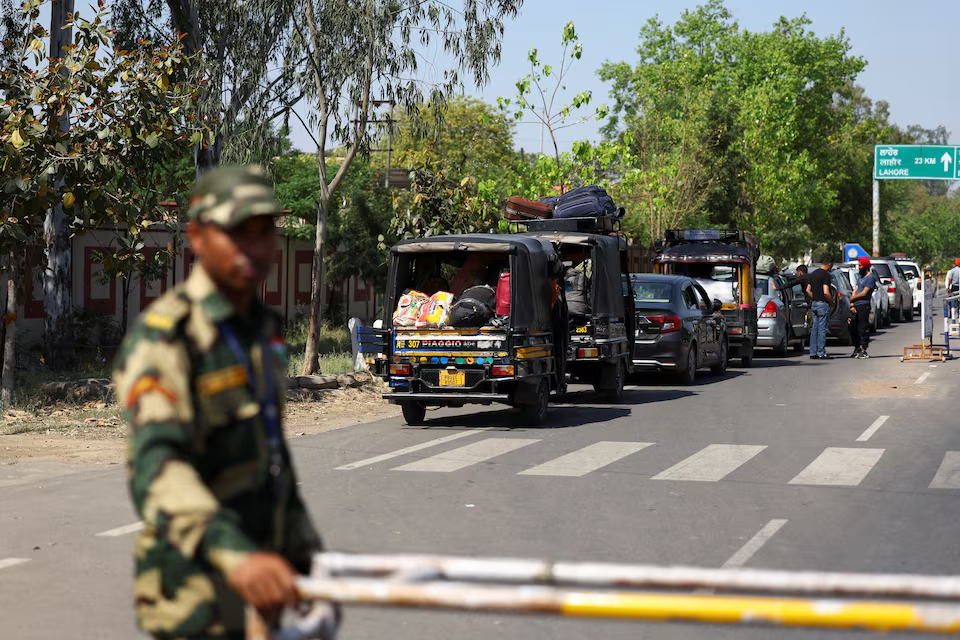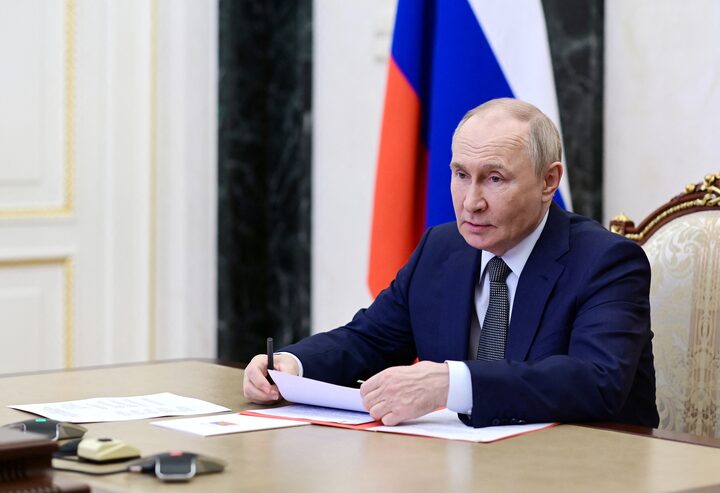The United Arab Emirates (UAE) has mobilized a powerful network of Washington-based lobbyists to fend off the threat of U.S. sanctions over its alleged support for armed factions involved in Sudan’s ongoing civil war, according to investigative reporting by Watan Serb.
The move follows mounting pressure from U.S. lawmakers and human rights organizations, who accuse Abu Dhabi of backing the Rapid Support Forces (RSF)—a paramilitary group implicated in war crimes and mass atrocities in Sudan. The RSF is currently locked in a brutal power struggle with Sudan’s national army, plunging the country into its worst violence since the 2003 Darfur crisis.
U.S. intelligence and diplomatic sources cited in the report say the UAE has provided logistical and military assistance to the RSF, including drones and advanced surveillance equipment, delivered through intermediaries and regional proxies. The Biden administration has yet to formally impose sanctions, but Congressional hearings and draft legislation targeting foreign enablers of Sudan’s war are gaining traction.
In response, the UAE has ramped up its lobbying efforts, hiring multiple firms in Washington to manage damage control, influence Congressional debate, and protect its strategic relationship with the U.S. These firms are reportedly tasked with emphasizing the UAE’s counterterrorism role, investments in American infrastructure, and diplomatic cooperation in the Middle East and Africa.
“This is a full-scale campaign to sanitize the UAE’s image,” said a senior Capitol Hill staffer quoted anonymously. “They know sanctions could be devastating not just economically, but diplomatically.”
The UAE denies providing military aid to any Sudanese faction and claims it supports only humanitarian and peacebuilding efforts in Sudan. A statement from the Emirati Embassy in Washington said: “The UAE is committed to de-escalation and a peaceful resolution to the conflict in Sudan. Allegations of military support are baseless and politically motivated.”
Despite the UAE’s denials, leaked intelligence documents and NGO field reports suggest a pattern of support for the RSF dating back to early 2023. Satellite imagery and intercepted communications reportedly back claims of supply routes passing through Chad and Libya, where UAE-aligned actors operate.
The situation has raised alarm among U.S. lawmakers across party lines. Democratic Senator Chris Coons and Republican Senator Lindsey Graham are among those calling for a thorough investigation and immediate action if the allegations are confirmed.
“The U.S. must not turn a blind eye to foreign actors fueling violence and atrocities in Sudan,” Coons stated during a recent Senate hearing. “Strategic allies should not be exempt from accountability.”
The pressure is also being felt at the United Nations, where Western diplomats are pushing for a Security Council resolution that would sanction any nation found to be enabling armed groups in Sudan. However, geopolitical divisions—especially with Russia and China opposing unilateral actions—have stalled consensus.
Sudan’s civil war, now in its second year, has claimed tens of thousands of lives, displaced millions, and left the country on the brink of famine. Humanitarian agencies have warned that foreign support for either side is prolonging the conflict and deepening the suffering.
As the UAE continues to wield its considerable diplomatic and economic clout, the coming months may test whether lobbying power in Washington can outweigh growing demands for justice, accountability, and an end to a devastating proxy war.
Source: Watan Serb



